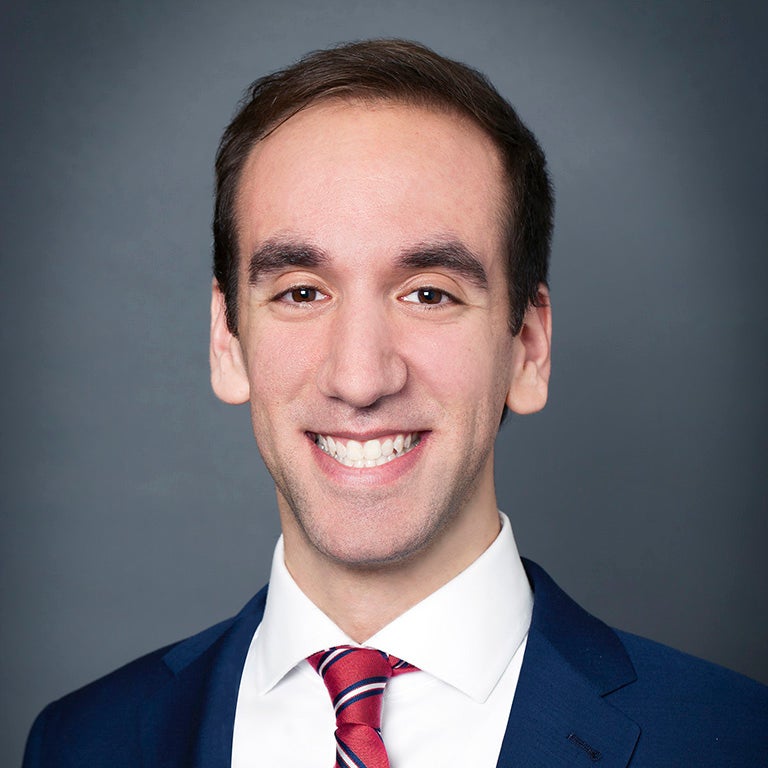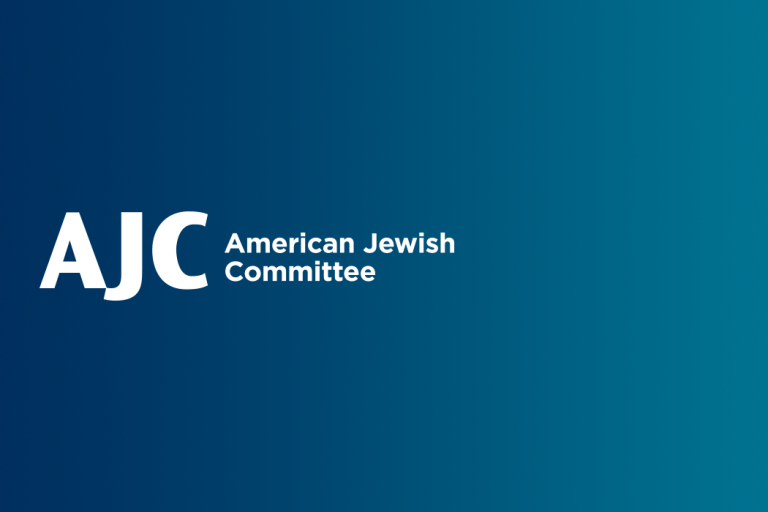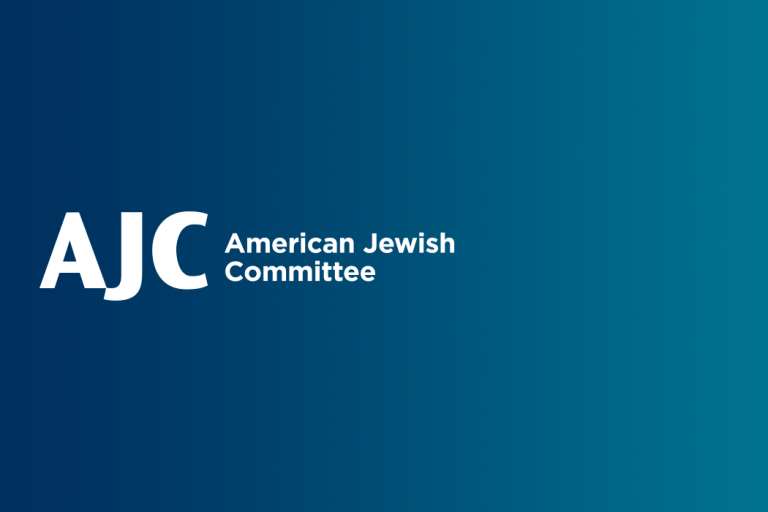January 2, 2018 — New York
This piece originally appeared in the Forward.
A recent op-ed in these pages by Madi Norman, a member of IfNotNow Chicago, argued that young Jews feel unrepresented by what she calls “the Jewish establishment.” In focusing on combating the boycott, divestment, and sanctions movement against Israel, Norman argues, institutions have failed to understand how young Jews think. The focus on BDS, writes Norman, hides the true threat to young Jews.
“Here’s our reality,” writes Norman. “The Jewish community’s support for the Occupation” is what really “threaten(s) Jewish students on campus.”
The argument, which IfNotNow activists make time after time, fails to convince, not only because of its lack of evidence but because of a false premise. Having just rebuked Jewish organizations for purporting to speak for the Jewish community, Norman makes her own, baseless, claim about what Jews really think.
“American Jewish organizations can’t speak for young American Jews,” Norman and her fellow activists seem to say. “Only my organization can do that.” Never mind the extraordinary efforts Jewish organizations put into hearing from the Jewish community and young Jews in particular.
While I work for a major American Jewish organization, I’m writing now as a young Jew, just like Norman, who doesn’t feel represented in the slightest by the point of view Norman represents. Is it true that American Jewish organizations consider BDS to be Jews’ “biggest threat”? Is the actual “biggest threat” really the Israeli presence in the West Bank? Do young American Jews really believe that the prime danger to Jews is the occupation?
The answer to all these questions is no. It is a straw man to assert that the “Jewish establishment” considers BDS to be the biggest threat facing Jews. Jewish organizations combat the delegitimization of Israel, to be sure, but the BDS movement on campus has largely been beaten back, thanks to the tens of thousands of pro-Israel students who have rallied over the past decade to fight it. We’re now halfway through the 2017-2018 academic year and only two BDS resolutions have been considered, and just one adopted, at the University of Michigan, where the student government suggestion was immediately rebuffed by the university’s administration.
In other words, Jews face far greater threats than BDS, and no one of any seriousness pretends otherwise.
The biggest threats facing Jews are those groups and people who want to see Jews dead. These folks are not present in Norman’s op-ed, where she writes of the far-right that she has “never seen such overt antisemitism.”
Seriously? For those of us who have been paying attention, the rising antisemitism in Europe, Latin America, and the Arab world has alarmed us for quite some time, not to mention the antisemitism that has long been present on the political far-left in America.
It smacks of privilege to remain willfully ignorant of antisemitism until it conveniently appears among your political opponents. American Jews have long fought, and will continue to fight, far-right antisemitism, but that group’s hatred is not sui generis. The “alt right” joins an unfortunately long list of other haters of Jews.
Norman cites studies suggesting that Jews largely feel safe and comfortable on college campuses (a phenomenon for which the “Jewish establishment” she derides actually deserves her gratitude). So armed, Norman purports to speak for young Jews when she states that “Jews’ biggest threat” is really the occupation, yet she fails to bring any evidence that there is a generational consensus (or even a majority or plurality) in support of her claim.
That’s because no such consensus exists.
Norman and IfNotNow insist that the group has a monopoly on the truth about what young Jews want the Jewish future to look like. But time and again, her group fails to substantiate these assertions. They claim to represent all young Jews. I won’t presume to do so. But I will give voice to a sizable number of us who chafe at IfNotNow’s wrongheaded politics and obnoxious tactics.
My friends -— who, like the majority of American Jews, are liberal-leaning politically and religiously progressive -— and I have succeeded in bringing change to our communities by actively involving ourselves in the organizations we care deeply about. It’s from these first-hand experiences that I know that when IfNotNow’s members are ready to stop subsisting on Facebook likes and clapping emojis, when they cease picketing Jewish institutions, and step out of their social media echo chamber of leftist millennials, American Jewish organizations stand ready to welcome them, not as prophets perfectly predicting the Jewish future, but as one segment of the patchwork that makes up our community.
Here’s what I’ve learned from my own activism as a young American Jew. The young Jews I know connect to Judaism through community and spirituality, more than through adherence to rules. It’s true that Birthright has taught us to expect to get our Judaism for free, but we will pay for it, too. We join synagogues and donate to organizations if we sense that it’s worth it.
My peers care about authenticity and are deeply passionate about individual rights. But we are also, on the whole, capable of appreciating nuance. So the next time you read IfNotNow or one of the group’s boosters talking about what young American Jews think, don’t buy it. We are way more complex than they’d have you believe.
Seffi Kogen is the American Jewish Committee’s Director of Campus Affairs.



